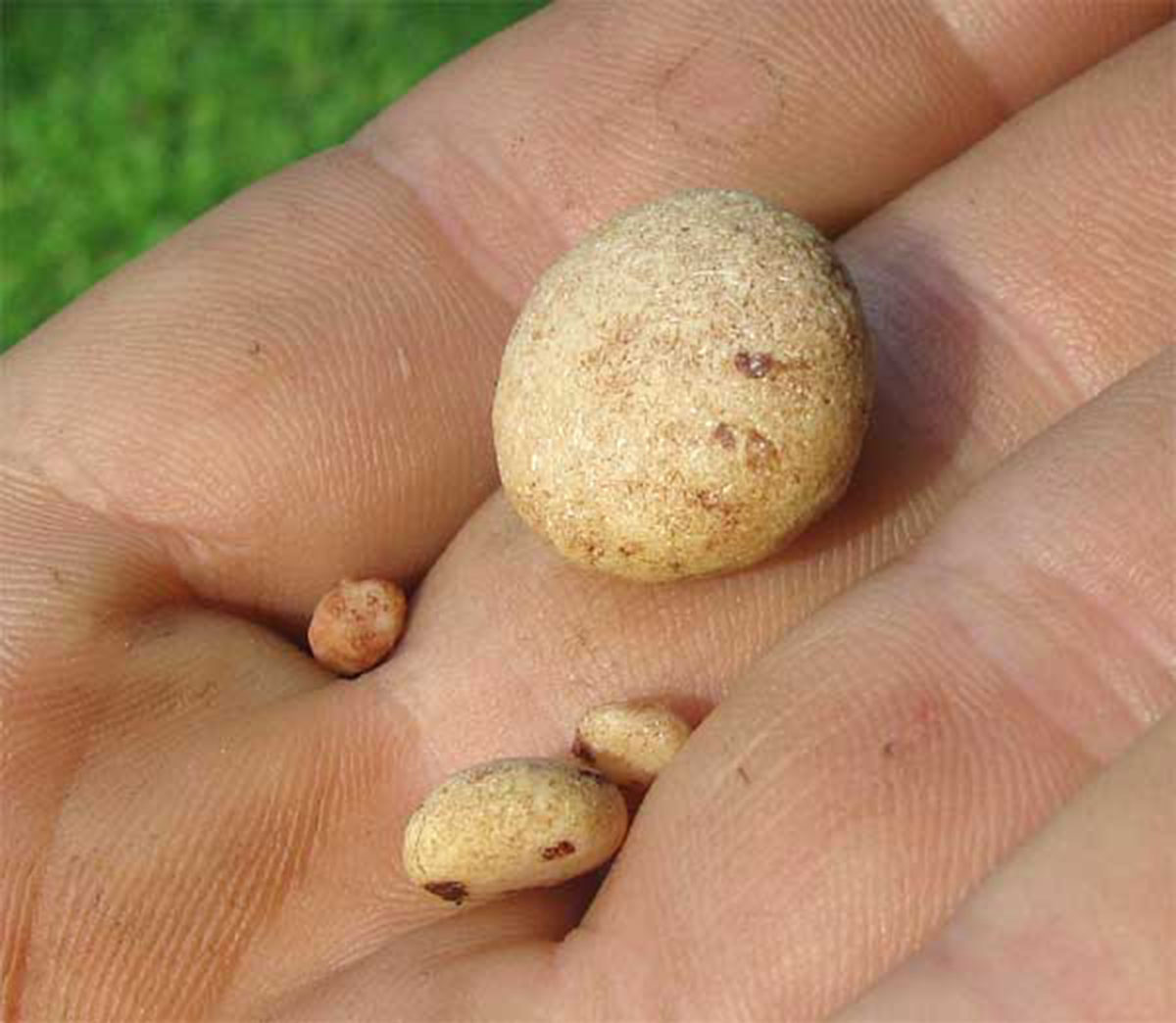
Information about Kidney Stones
Kidney stones are solid masses made of crystallized saltsand minerals from urine. You might have heard for urinary or renal calculi, ureterolithiasis,nephrolitiasis or urolithiasis – these are all different names for kidneystones, depending on their localization. They can vary in size and small kidneystones can pass through the ureters, to the bladder and be excreted withoutdamaging anything. However, kidney stones may also be larger. When these stonesstart to move from kidneys they can get stuck somewhere along the ureter orcause infection and some other harm to the kidneys.
People suffering from kidney stones usually feel tenderness ofthe abdomen or the back. More prominent signs and symptoms of this conditionmay include sudden or constantly present pain in the back, on the side,or in some cases in the groins or genitals. Renal colics are another possiblesign of kidney stones. They are described as cramping caused by thecontraction of the muscles of ureter wall, trying to move the kidney stone tothe bladder.
Painful and frequent need to urinate is present in caseswhen the stone is already in the ureter or when it passes through the bladder. Infectionof urinary tract is also known to cause pain during urination.
Blood in urine (called hematuria) may be visible or presentonly in traces and visible using microscope. In either case, it indicates thedamage done to the ureter lining.
Fever, profuse sweating, tiredness and loss of appetite mayalso point to kidney stones in some patients. Nausea, vomiting and gastrointestinalproblems such as constipation or diarrhea can also be associated with kidneystones.
Risk Factors for Kidney Stones
Statistic data show that men are more likely to developkidney stones than women. According to available information, many of the patients aremiddle aged men who don’t drink enough water and use vitamins C and D in largeamounts. Use of diuretic medications or antacids with calcium and consummation ofalcohol also increase the risk of development of kidney stones. Recurrent urinarytract infections or blockage, problems with the kidneys or some metabolic disordersmay also lead to the formation of kidney stones.
Available Kidney Stone Treatments
Type and cause of kidney stones determine the treatmentoptions for this medical condition. Smaller stones don’t require surgicalintervention and doctors usually advise drinking plenty of water and exercisefor these patients. Drugs may be used to ease the pain or treat existinginfections.
Extracorporeal shock wave lithotripsy (ESWL), percutaneousnephrolithotomy (PNCL) and ureteroscopic stone removal are treatment options forpatients suffering from larger kidney stones.
- www.nhs.uk/Video/Pages/kidney-stone-animation.aspx
- www.nhs.uk/conditions/kidney-stones/symptoms/
- Photo courtesy of Jakupica by Wikimedia Commons: commons.wikimedia.org/wiki/File:Kidney_stones_%28_renal_calculi_%29,_%D0%91%D1%83%D0%B1%D1%80%D0%B5%D0%B6%D0%BD%D0%B8_%D0%BA%D0%B0%D0%BC%D0%B5%D1%9A%D0%B0_2.jpg


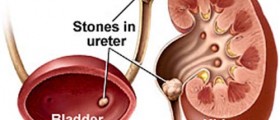
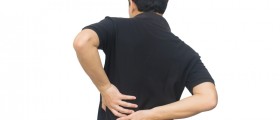

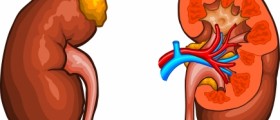
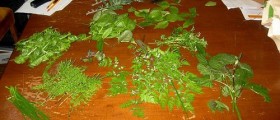

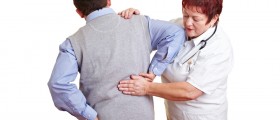





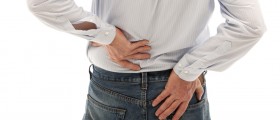


Your thoughts on this
Loading...